Due to a calendar feature in the payment schedule of the Social Security Administration, millions of recipients may be surprised that a monthly check will not be coming in September.
This lack of checks will impact recipients of the Social Security Supplemental Security Income (SSI) program, primarily affecting disabled adults and seniors with lower incomes.
Calendar Quirk
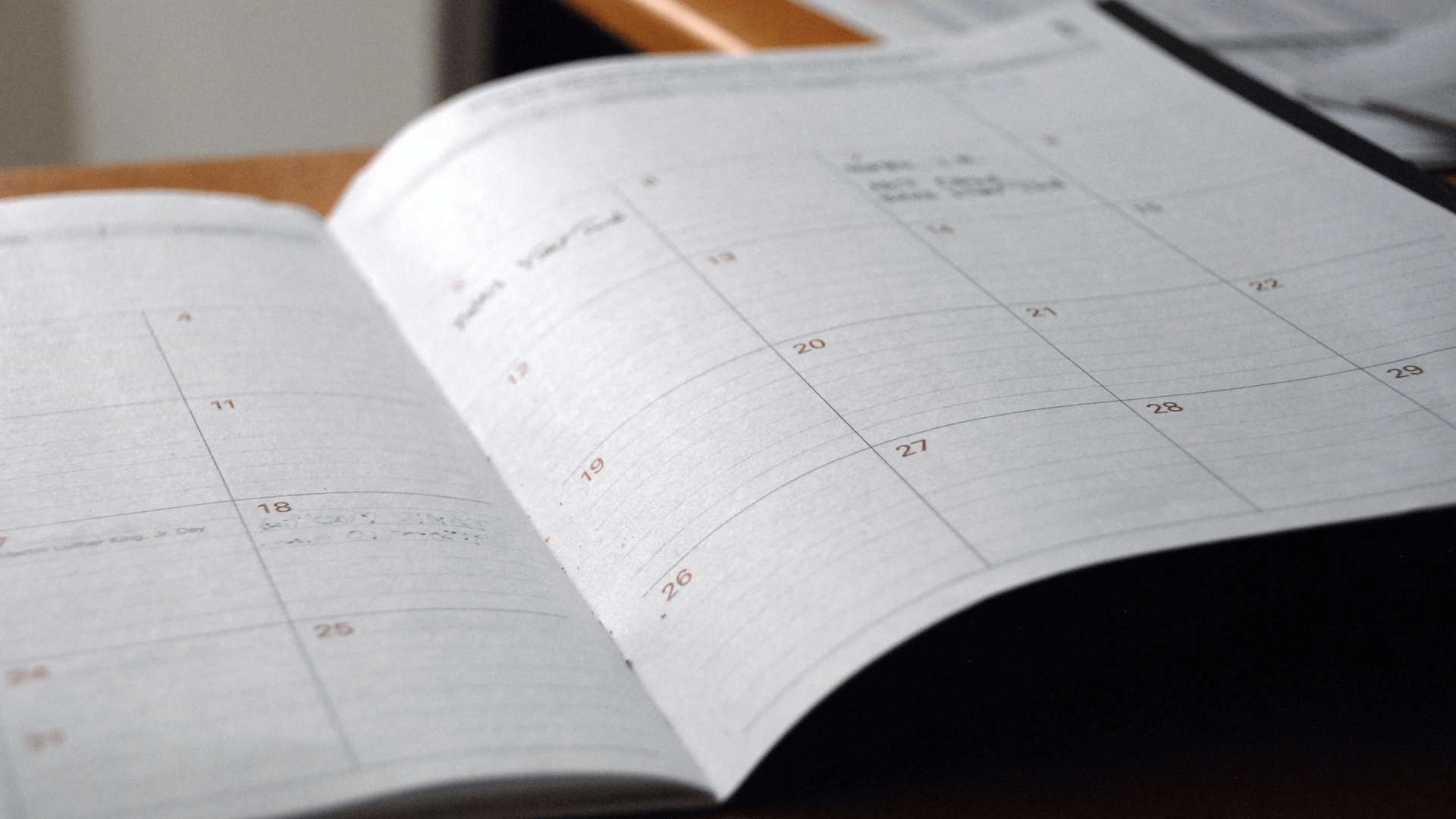
SSI recipients are typically used to getting their benefits checks on the first of the month.
However, because September 1 is a Sunday, the checks for SSI payments were sent on August 30, meaning the earliest the next checks will be deposited will be October 1.
Previous Double Month

Because of this quirk in the calendar, SSI recipients received two payments in August.
One of the payments came in on August 1 like normal, but the second payment came on August 30 because of the previously mentioned calendar feature.
Payment Schedule

This strange aspect of the payment schedule is not the result of a sudden change, having been known since the SSA set the calendar in advance.
However, some recipients who may not be aware of the payment schedule and SSA calendar might still be surprised to not receive their checks in September.
Future Events To Look Out For
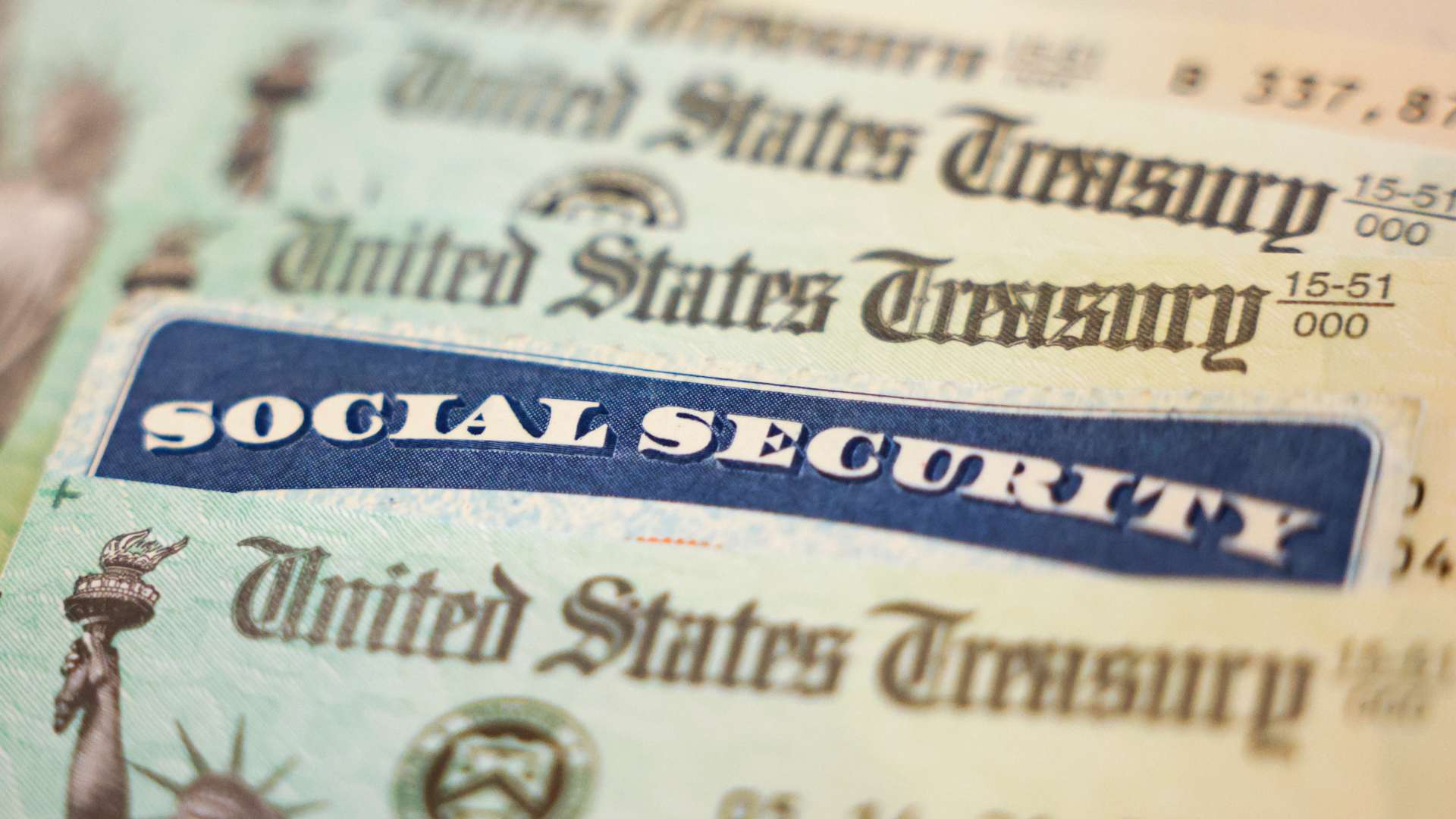
September isn’t the only month on the schedule that may cause confusion for SSI recipients this year.
November will be another month scheduled to have double payments, with payments scheduled for the 1st and 29th because December 1 is a Sunday. Recipients will receive an SSI payment on December 31, with no payment coming on December 1st.
How Many People Are Affected?
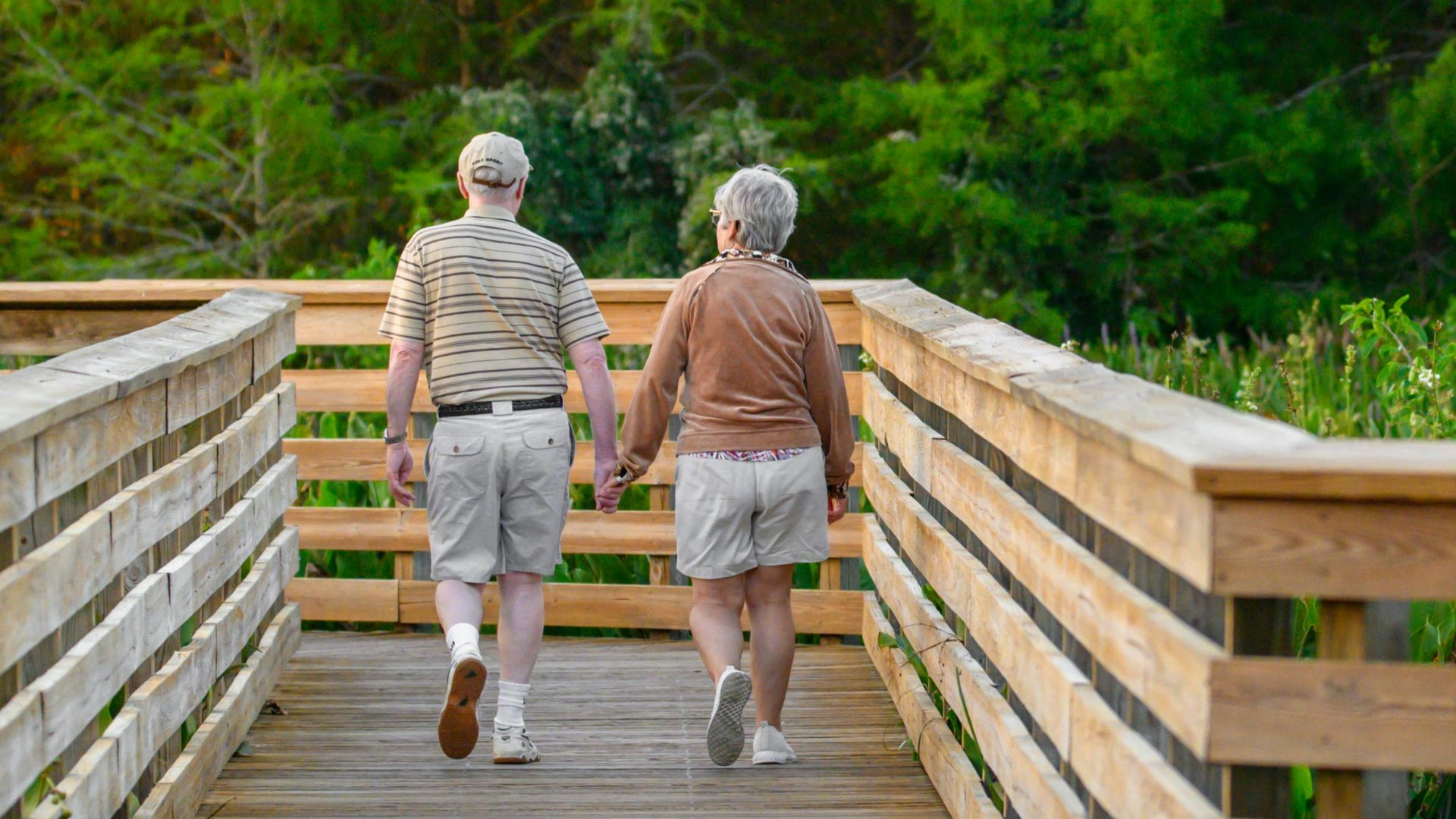
According to data from the Social Security Administration, there are around 7.5 million people currently drawing SSI benefits.
The maximum payment for an eligible individual in 2024 is $943, with $1,415 being the maximum for couples.
What About Retirement Benefits?
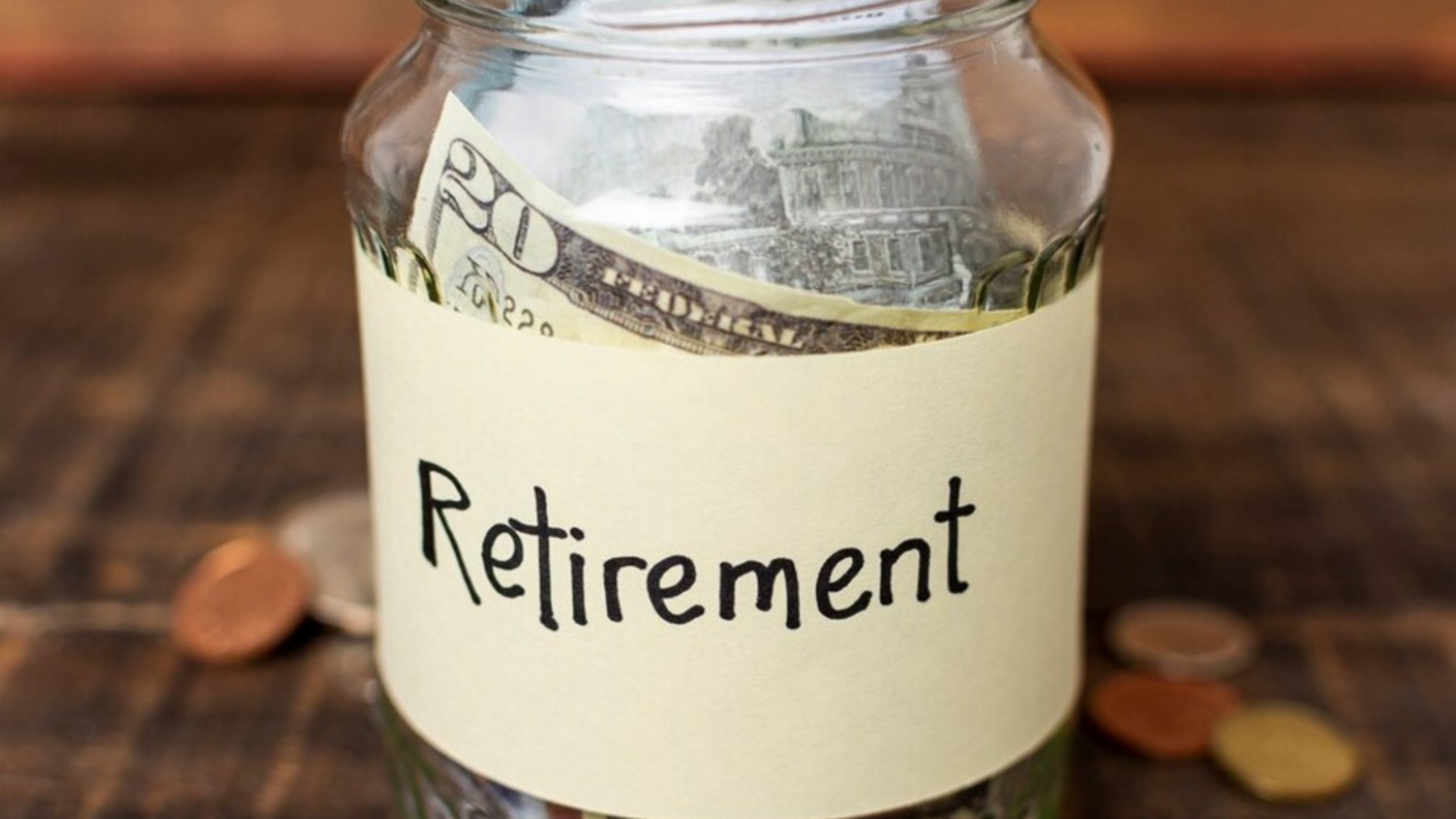
This calendar oddity that will affect SSI benefits this month will have no impact on senior Americans who receive normal Social Security retirement benefits.
Regular social security benefits are distributed to individuals based on the day of the month they are born. In September these deposit dates are September 11th, 18th, and 25th.
What Determines the Date I Recieve Social Security?
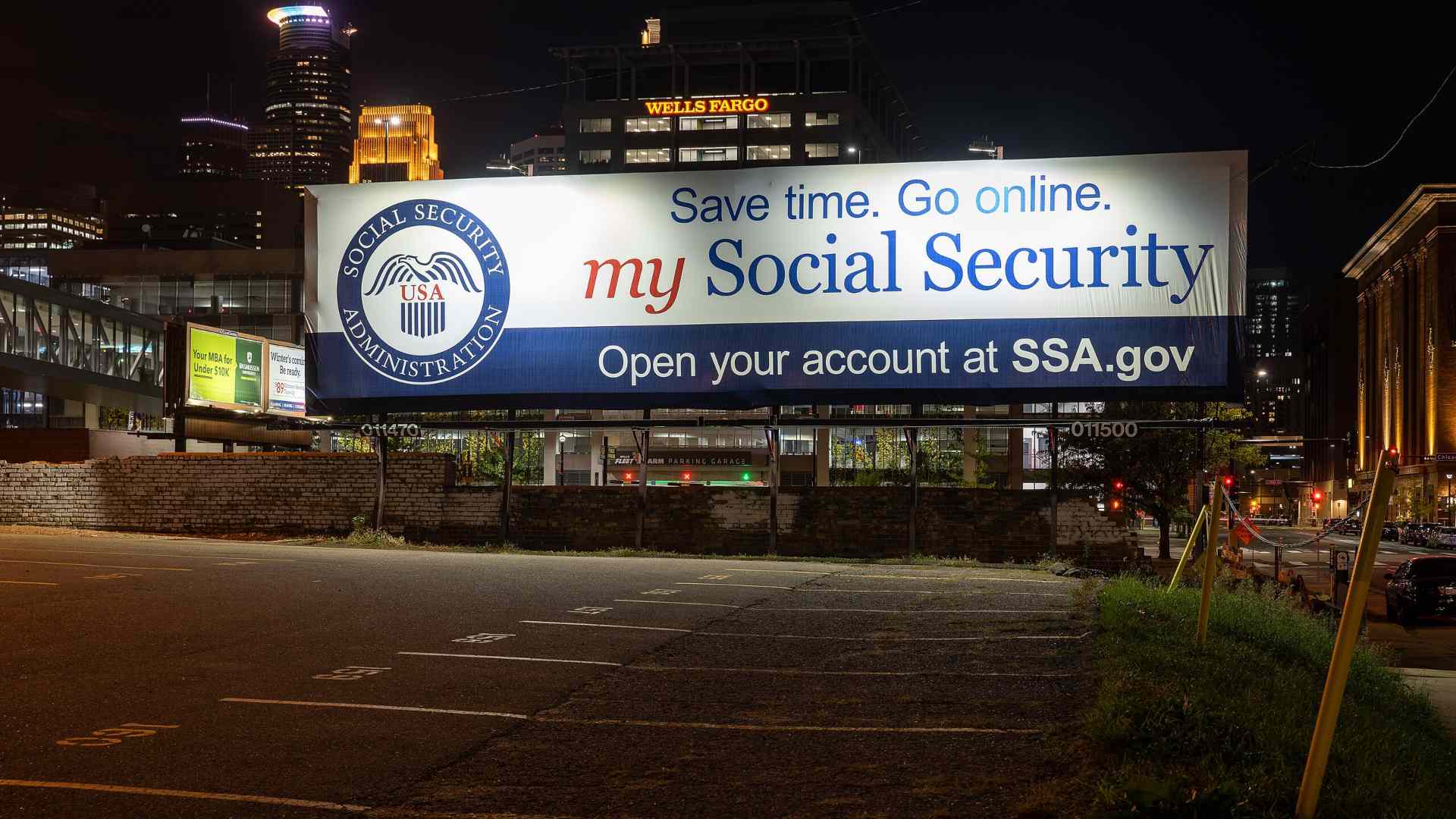
Social Security retirement benefit payment dates are bracketed based on a range of birthdays.
Those with birthdays on the first through the 10th of the month get their checks first. People born between the 11th and the 20th get theirs next, with those born in the remaining days of the month getting theirs on the fourth Wednesday of every month.
SSI Changes

Although this wonky month for SSI recipients is not the result of a recent change, the Social Security Administration has actually just recently announced changes to SSI applications.
On August 27, the SSA said they were implementing new efforts to “simplify” the application process.
Multi-year Effort

In their statement, the SSA boasted about the sustained effort the agency had put in to make applications better for Americans.
“Today, the Social Security Administration announced a large step in a multi-year effort to simplify processes for people who are applying for Supplemental Security Income (SSI) by starting to offer an online, streamlined application for some applicants starting in December,” said the statement.
Fully Online

The first step towards the new SSI application will be an expansion of the iClaim application.
This application aims to be “fully online” and the SSA asserts it will save users time in answering questions as well as speed up application processing times and claim decisions.
What People Want
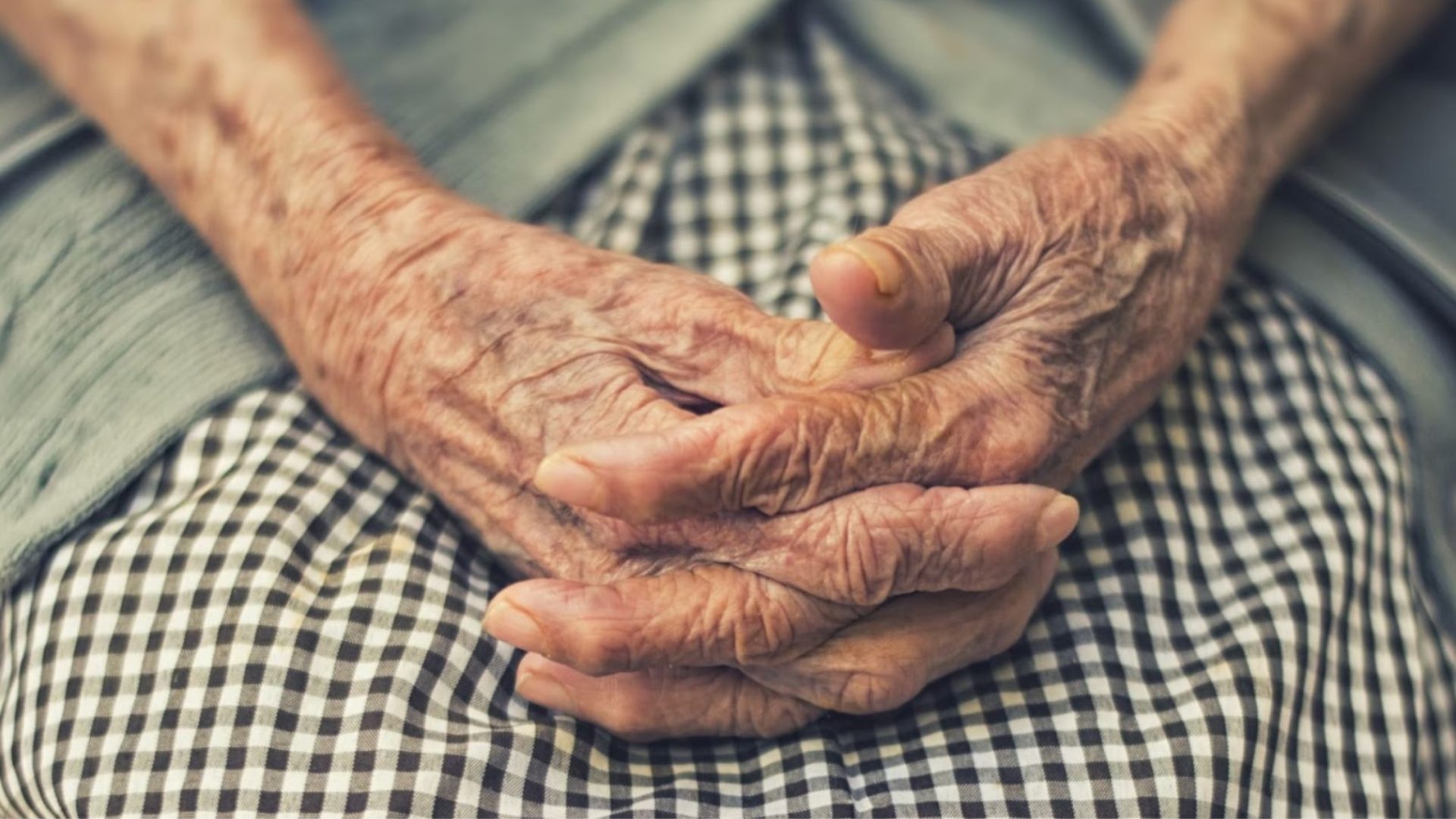
Marin O’Malley, the Commissioner of Social Security, was quoted in the statement saying the steps being implemented are a result of critical feedback.
“Over the past year, we have asked many applicants and advocates – as well as our workforce – how we could make the SSI application process easier and simpler. Now, we are taking an important first step to do just that,” said O’Malley. “People in our communities who need this crucial safety net deserve the dignity of an application process that is less burdensome and more accessible than what we now have, and we’re committed to achieving that vision over the next few years.”
